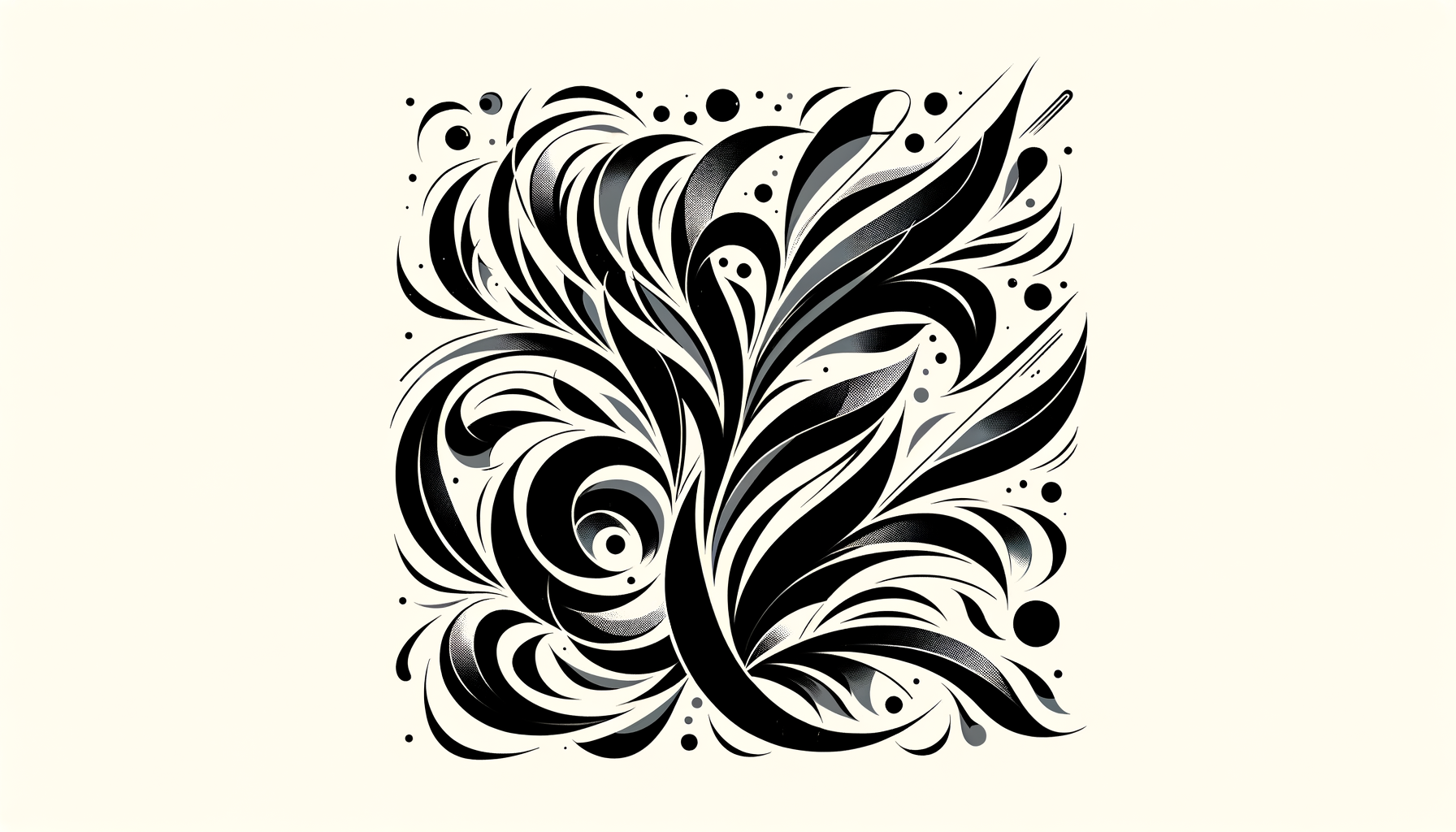“How do you spell your name again?” It’s a question I’ve fielded more times than I can count, and every time it’s delivered with that faint edge of panic from the person asking. It’s Aurora—pretty straightforward, right? Except people suddenly wonder if it’s “Aurora” like the Disney princess, “Arora" (an adventurous attempt), or, on truly creative days, “O’Roarer” (as if I’m auditioning to be a Viking). Names are funny that way—seemingly simple, yet endlessly complex when it comes to how they shape who we are, how we see ourselves, and how others remember us.
I never really thought much about my name growing up. "Aurora" sounded like something my theater-kid friends would describe as “dramatic” or “over-the-top,” and let’s be real—when your parents are the kind of creatives who name you after the goddess of dawn, you’re bound to grow into some kind of main-character energy. But what I’ve come to realize is this: names are like our personal crowns in conversations. They’re the opening act of who we are, and whether we love, tolerate, or cringe at our monikers, they come to define how we present ourselves to the world. So, let’s dive into the ways your name—the one you scribbled in the margins of middle school notebooks, dropped into job applications, or awkwardly tried to fit in bios—can connect to your identity and even your relationships.
What’s in a Name? More Than Shakespeare Let On
When Juliet famously declared, “A rose by any other name would smell as sweet,” I have to believe she’d never had to star in a group project where half her classmates butchered her introduction. Names are identity shorthand. They’re the little name tags stuck to our foreheads—whether metaphorically or literally, as the case may be at awkward speed-dating events. And they’re layered with meaning.
Take mine: Aurora. Sure, it means "dawn" in Latin, and yes, it’s a Sleeping Beauty reference. But here’s the kicker: my mom apparently wanted a name that would “look good on a billboard.” (It’s nice she believed in me from the jump, though I’ve yet to star in a headlining act at the Bellagio.) There’s a certain weight in knowing that your parents, or whoever named you, probably didn’t pick your name out of thin air. They imbued it with aspirations, traditions, or just liked how it sounded when yelled across a playground. You might inherit something of your family’s story, culture, or quirks through your name—and that, my friends, is where things get interesting.
Now, whether your name is a classic like John or an avant-garde creation like Kalopsia (which, by the way, is Greek for “the illusion of beauty”), it carries an implied story. It’s worth asking yourself: What was the intention behind my name? Does it connect me to something meaningful? Or am I just vibing with it as-is?
Actionable Insight #1: Lean into your name’s origin. Whether it’s deeply cultural, whimsically unique, or casually traditional, dig into its roots. People love a good name anecdote, whether it’s, "I’m named after my great-grandfather and his legendary chess-playing skills” or “My parents misread a baby book and thought this sounded good.” Your name is an immediate conversation starter—own that story.
Say It Like You Mean It
Here’s a fun memory: the moment I sat down at my first real coffee date with a stranger (blame it on optimism and caffeine dependency), he casually mispronounced my name. Not once, but TWICE. At first, “Aur-ah-rah” came out, then somehow “Angela” (???). Did I gently correct him? Sure. Did he fumble through the explanation that “Aurora is just hard to say” as I envisioned texting my best friend the cringe-worthy details later? Oh, absolutely.
The way people say—or don’t say—your name can reveal a lot. How they approach it demonstrates, well, how they might approach you. Do they stumble over it but laugh it off? Do they care enough to get it right? Or, in some horrifying cases, do they assign you a completely different nickname without your consent (looking at you, Jerry at that work retreat)?
In relationships, your name holds stakes. It’s a way people engage with you. It’s part of how they see you—and, honestly, someone who confidently says your name with kindness can send a tiny, undeniable flutter through your soul. It’s a small act of recognition that packs a big punch.
Actionable Insight #2: Set the tone. If someone trips over your name or shortens it instinctively, don’t be afraid to correct the course with charm. “Actually, I go by [name]—but hey, that’s a creative spin!” It’s both gracefully assertive and keeps the conversation flowing.
Trends, Tropes, and the Name-Game
The idea of names going in and out of style fascinates me. Trends dictate which names dominate baby registries and which ones suddenly sound like you belong in an 18th-century novel. For instance, Aurora has kind of become trendy again, thanks to renewed interest in vintage-sounding names paired with pop culture shoutouts. (Thanks, Disney.) But this got me thinking: can certain names also carry stereotypes, and are people subconsciously reacting to them before getting to know the person behind the syllables?
Quick experiment: if you’re reading this and your name is Chad, you’ve probably already rolled your eyes. (Sorry, Chad. We know you’ve been unfairly typecast as that “frat dude” stereotype. You deserve better.) Or, maybe when you meet someone named Alex, you think, “Oh, a safe, approachable vibe.” Names get wrapped up in societal tropes, often completely detached from who we actually are. The trick is taking control of your narrative within those assumptions. If your name comes with an expectation, flip the script. Let your personality surprise people.
Actionable Insight #3: Reclaim the narrative. Think about one stereotype tied to your name and actively decide how you want to redefine it. Show that Chad can also be philosophical, that Grace can be hilariously clumsy, or that Aurora isn’t just out here twirling around in a forest.
A Love Letter to Nicknames
Here’s the thing: not all of us are on Team “I Love My Name.” And that’s okay! For some, the official name on your ID card doesn’t totally match who you feel you are—and nicknames are their own love language. They’re an intimate, flexible way to shape your identity as you grow and evolve.
Growing up, I wasn’t huge on nicknames; going from “Aurora” to “Rory” felt like I was cutting corners. But by my early 20s, my close friends started calling me “Vegas” (a nod to where I was from), and let me tell you—it stuck. It made me instantly recognizable to my inner circle, and I loved how it added a little edge, a little mystery. Like, “Oh, you know Vegas? She’s fun.”
Nicknames—whether they’re a choice or gifted by someone dear—can be empowering. They hold a different kind of magic: a version of your name, tweaked with tenderness or an inside joke. The right nickname feels like someone seeing a part of you others might not.
Actionable Insight #4: Embrace a nickname, if it fits. Or better yet, create one for someone else in your life. A well-placed nickname can add warmth and depth to your relationships—it’s like giving someone their own cute headline in your story.
Closing Act: Wear Your Crown with Confidence
At the end of the day, your name introduces you long before you have the chance to. It’s the opening sentence in your story, the first detail that flows into conversation and lingers. Whether you’re brimming with pride at its sound or still learning to connect with it, your name—and how you carry it—is entirely your own.
So here’s your gentle reminder: wear it like a crown. Whether it’s your full name, your nickname, or a variation you’ve adopted over time, lean into what feels authentic. Names don’t make the person; the person makes the name. And if someone doesn’t bother to pronounce it right or reflect its importance, it says more about their character than yours.
Keep writing your story. Keep showing up for those conversations. Your crown is exactly where it belongs.




















